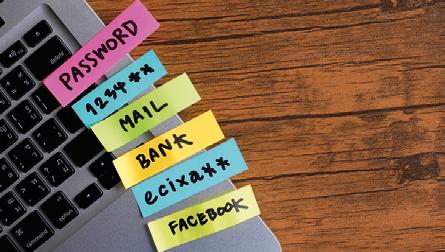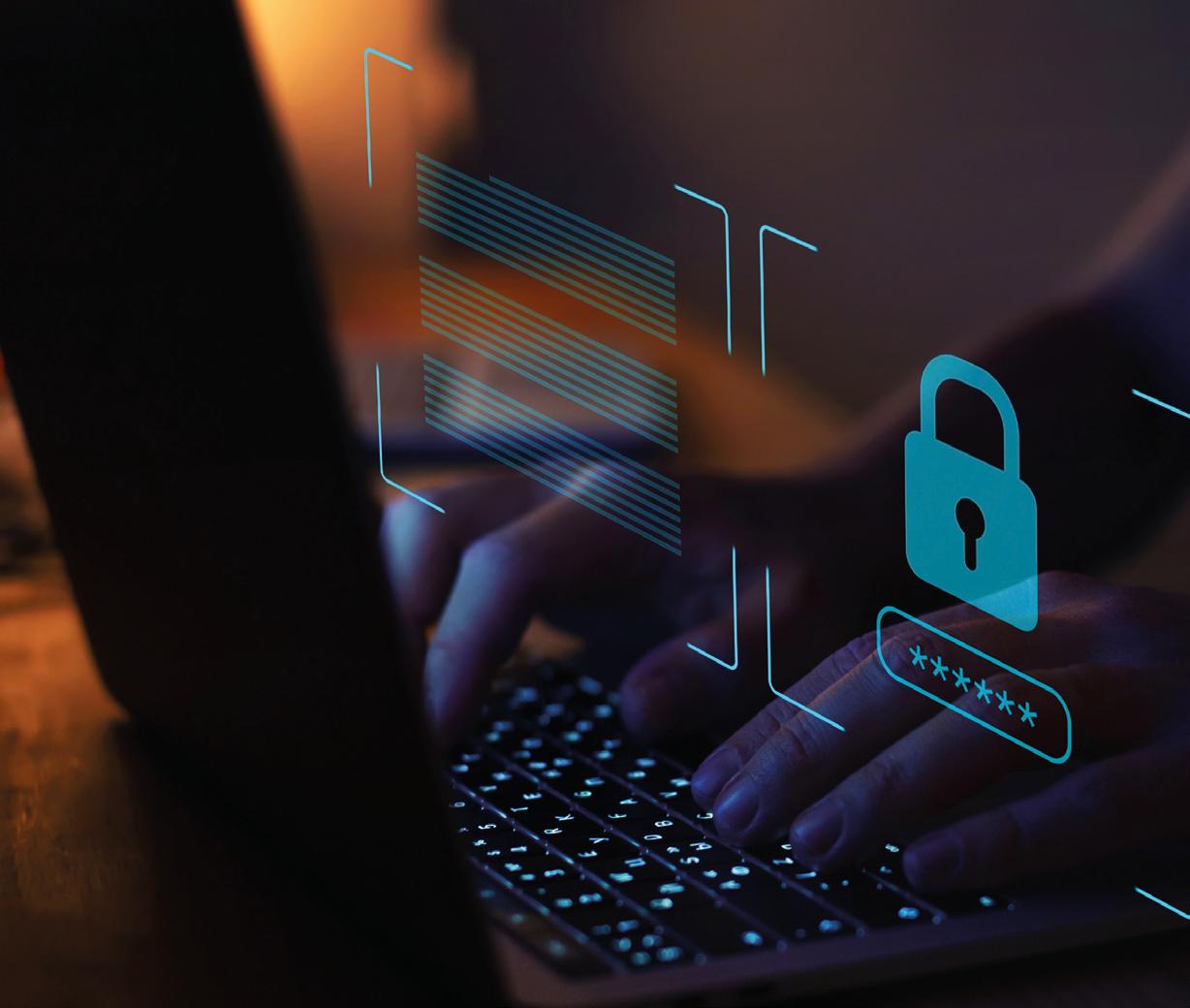
2 minute read
Technology
LP Networks’ expert guide:
How password hygienic are you?
with Lee Pepper, Owner LP Networks
Where do you keep your passwords? In a book? On your phone? In your Internet Browser? Do you use the same password for more than one account?
In a recent analysis by cybersecurity researchers, it was discovered that there are currently 24 billion usernames and passwords for sale on the Dark Web. Let that just sink in for a second. Alongside this, researchers also discovered that there had been a 65% increase in usernames and passwords being sold and traded. Could you confidently say that yours isn’t one of them?
The need for good password hygiene has never been more relevant. Most of the people whose login details have been stolen are probably oblivious, and unaware that having them for sale on the Dark Web could have dangerous consequences. This can be predominantly when people use weak passwords or reuse passwords.

We’ve all been there and reused passwords for multiple accounts and platforms, it’s because passwords made up of complicated numbers, letters, and symbols are difficult for us to remember. Basically, we’ve developed systems that now make passwords hard for us to remember but, unfortunately, easy for computers to guess. The thing is, that reusing a password that you might use to shop online through an account/device on a corporate network for example, can open a business up to a potential data breach. Having access to a business’ IT network could mean the loss of sensitive client information, financial information, or the opportunity for cybercriminals to plant malware and ransomware. Here’s another worrying statistic, 60% of small businesses close within 6 months of a data breach.
How can you maintain password hygiene, keeping your personal and business details safe from being sold on the Dark Web?
The best way is to use a business grade password vault and management tool. A password manager takes all your passwords and stored them on an encrypted database. It can also generate complex passwords for you, ones that are difficult for a computer to guess. Aside from protecting your online identity, they also mean that you don’t need to remember passwords anymore and can create a digital inheritance (access to your family or whoever administers your estate when you pass away).
While password managers aren’t bulletproof, they do use intensive encryption to keep your passwords as safe as possible. This means that their track record for keeping data secure is excellent. When you consider how sensitive the data that you hold within your business is, it makes the most sense to keep your passwords as safe as possible, not relying on staff members to maintain their password hygiene. And, if a breach does happen, at least you can stay assured that you did everything you could to keep your data and passwords safe.










